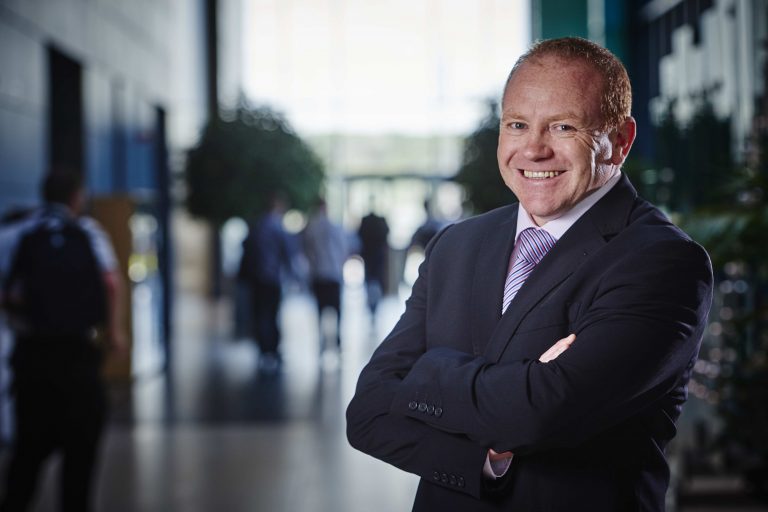SEGRO has completed a 35-acre Strategic Rail Freight Interchange at its multimodal development SEGRO Logistics Park Northampton, enabling freight trains to access the site ahead of the launch of regular services later in the year. Maritime Transport agreed terms to operate the terminal in June 2022.
The completion follows a 54-hour rail possession over the Easter period, during which SEGRO and its contractor Winvic, along with Network Rail delivered all critical elements of the scheme, including the commissioning of the main line and intermodal signalling. The rail terminal connects to the West Coast Mainline via the Northampton Loop Line and is expected to play a pivotal role in shifting freight movement from road to rail, reducing emissions and congestion. Kate Bedson, senior director, national markets at SEGRO, said: “We’re excited to see real momentum at SEGRO Logistics Park Northampton, with the completion of the rail freight terminal infrastructure and strong progress on Yusen Logistics’ new facility – the first warehouse on the park to be constructed. “Each freight train can remove up to 76 HGVs from the road with a consequential reduction in carbon emissions, making this a crucial step towards more sustainable logistics. With rail freight contributing £1.7 billion to the economy, this milestone is not only a shot in the arm for growth, also it supports a greener, more efficient supply chain.”The rail terminal is part of SEGRO’s wider £200 million investment in local infrastructure around Northampton, delivered in partnership with National Highways, Network Rail and local authorities.
The development has consent for 5 million sq ft of logistics and warehousing space and can accommodate units starting from 100,000 sq ft.
The development is expected to create around 7,500 new jobs.











